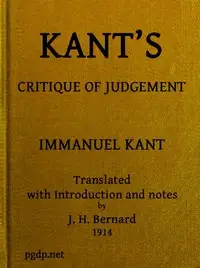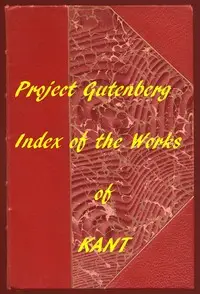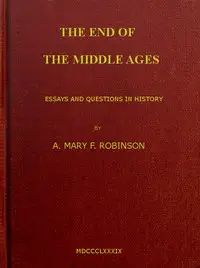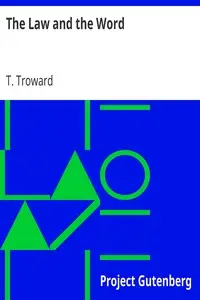"Fundamental Principles of the Metaphysic of Morals" by Immanuel Kant is a philosophical treatise written in the late 18th century. This work lays the groundwork for modern ethical theory, specifically addressing the foundations of moral philosophy and the essential nature of duty. Kant examines the concepts of good will, moral obligation, and the formulation of moral laws that transcend individual inclinations, proposing a framework for understanding morality grounded in rational principles. The opening of the text presents Kant's exploration of the distinctions between different branches of philosophy, arguing for the necessity of a metaphysic of morals that is independent of empirical influence. He posits that true moral actions must be derived from a pure sense of duty informed by rationality, rather than from self-interest or emotional inclination. Kant introduces the concept of the categorical imperative, which he defines as a universal moral law meant to guide rational beings in their decision-making. This foundational idea illustrates that moral worth arises not from the outcomes of actions but from the motivations rooted in duty that respect the intrinsic value of rational beings as ends in themselves. (This is an automatically generated summary.)

Fundamental Principles of the Metaphysic of Morals
By Immanuel Kant
"Fundamental Principles of the Metaphysic of Morals" by Immanuel Kant is a philosophical treatise written in the late 18th century. This work lays the...
Genres
Released
2004-05-01
Formats
epub3 (images)
mobi (images)
epub
epub (images)
mobi
Free Download
Overview
About the Author
Immanuel Kant was a German philosopher and one of the central Enlightenment thinkers. Born in Königsberg, Kant's comprehensive and systematic works in epistemology, metaphysics, ethics, and aesthetics have made him one of the most influential and controversial figures in modern Western philosophy. He has been called the "father of modern ethics", the "father of modern aesthetics", and for bringing together rationalism and empiricism has earned the title of "father of modern philosophy".
Total Reviews
10.0k
Total reviews from Goodreads may change


















